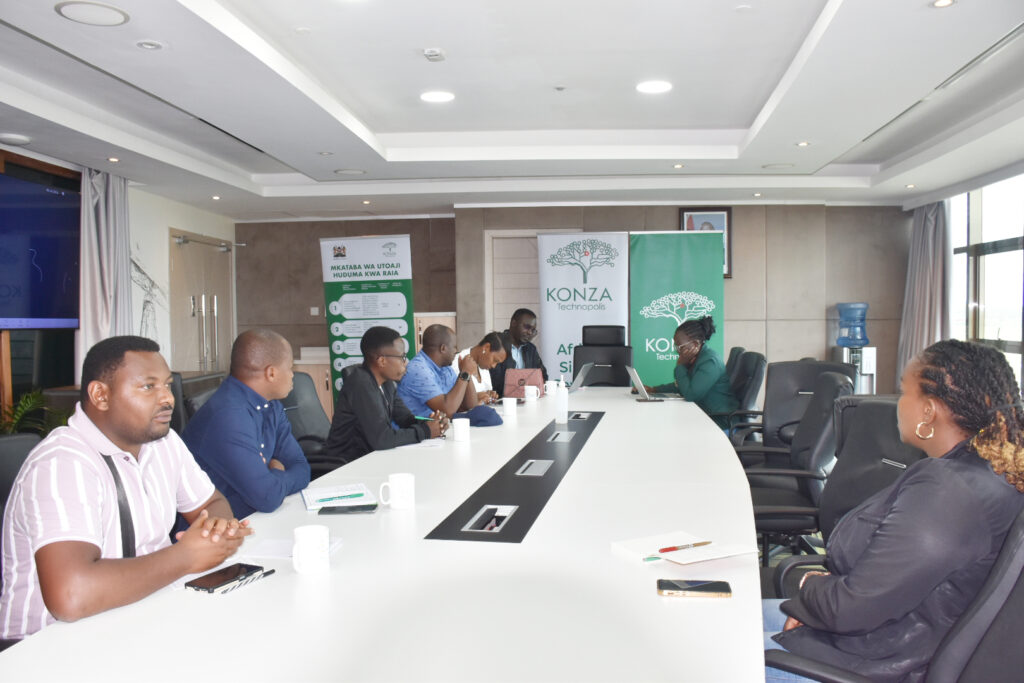
CONCEPT NOTE
INTERNATIONAL TRAINING ON WEATHER, CLIMATE, AND RISK COMMUNICATION & INFORMATION SERVICES
COURSE BACKGROUND
Effective weather, climate, and risk communication is essential for disaster preparedness, climate resilience, and informed decision-making in various sectors, including agriculture, water management, public health, and infrastructure planning. The increasing frequency and intensity of extreme weather events and climate-related hazards require timely, accurate, and actionable information to reduce risks and enhance adaptive capacity.
This course, offered by the Environmental Capacities and Sustainability (ECAS) Institute, provides a comprehensive understanding of climate and weather information services, including early warning systems, risk communication strategies, and decision-support tools. Participants will explore the science behind weather and climate forecasting, communication strategies for different stakeholders, and the integration of climate information into policy and planning.
Through interactive sessions, case studies, and hands-on exercises, this training equips participants with the skills to interpret, communicate, and apply climate and risk information effectively, ensuring communities, businesses, and governments can take proactive measures to mitigate risks and enhance resilience.
COURSE OBJECTIVES OF THE TRAINING
By the end of the course, participants will be able to:
- Understand the fundamentals of weather and climate systems and their impact on risk management.
- Interpret and utilize climate data, forecasts, and early warning systems.
- Develop effective risk communication strategies for different stakeholders.
- Enhance decision-making using weather and climate information services.
- Promote climate-resilient policies and risk-informed planning.
- Identify best practices for integrating climate services into disaster risk reduction.
WHAT YOU WILL LEARN
Participants will gain in-depth knowledge in:
- Weather and climate forecasting: Understanding models and predictions.
- Extreme weather events and climate risks: Impacts and adaptation strategies.
- Risk communication principles and strategies for different audiences.
- Early warning systems: Design, implementation, and effectiveness.
- Climate information services: Role in agriculture, water, health, and infrastructure.
- Decision-support tools and technologies for climate risk management.
- Policy frameworks for climate risk communication and governance.
- Case studies on effective climate and disaster risk communication.
DURATION AND PROGRAM
TARGET PARTICIPANTS
This course is designed for climate scientists, meteorologists, disaster risk managers, policymakers, communication specialists, development practitioners, and professionals working in sectors where climate information is essential for risk management and planning.
It is also suitable for government agencies, NGOs, international organizations, media professionals, private sector leaders, and community organizations involved in early warning systems, climate adaptation, and public communication related to weather and climate risks.
TRAINING MODULES
| No | Module | Details | |
| 1. | Introduction to Weather, Climate, and Risk Communication |
|
|
| 2. | Weather Forecasting and Climate Prediction |
|
|
| 3. | Early Warning Systems for Disaster Preparedness |
|
|
| 4. | Risk Perception and Communication Strategies |
|
|
|
5.
|
Climate Information Services and Decision Support Systems |
|
|
| 6. | Media and Public Engagement in Climate Risk Communication |
|
|
| 7. | Policy and Governance for Climate Risk Communication |
|
|
| 8. | Case Studies and Practical Exercises |
|
|
TRAINING STYLE
The course follows a practical, interactive, and experiential learning approach, incorporating expert-led lectures, real-world case studies, hands-on exercises, and group discussions. Participants will engage in data analysis, scenario planning, and role-playing exercises to enhance their skills in climate risk communication and decision-making.
The training also includes media engagement sessions, policy discussions, and peer-to-peer learning, ensuring that participants gain the technical knowledge and strategic communication skills needed to improve climate services and risk communication at various levels.
GENERAL NOTES
- Training manuals and additional reference materials are provided to the participants.
- Upon successful completion of this course, participants will be issued with a certificate.
- We can also do this as a tailor-made course to meet organization-wide needs. Contact us to find out more: info@ecasiafrica.org.
- Payment should be sent to our bank account before the start of training and proof of payment sent to: info@ecasiafrica.org.
ABOUT ECAS INSTITUTE
The ECAS Institute designs and delivers independent and targeted training, research, and consulting services. Our work focusses on climate change and resilience building, carbon markets, renewable energy, nature-based solution, biodiversity conservation, agriculture and food systems, We are located in Nairobi Kenya and work across the African region. We have implemented training and research assignments in Kenya, Tanzania, Uganda, South Sudan, Somalia, Malawi, Rwanda, Congo, and South Africa. Globally, we have supported our partners from the UK, Denmark, Italy, Sweden, Germany, and USA.
